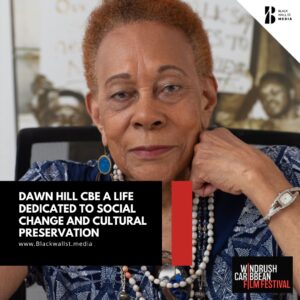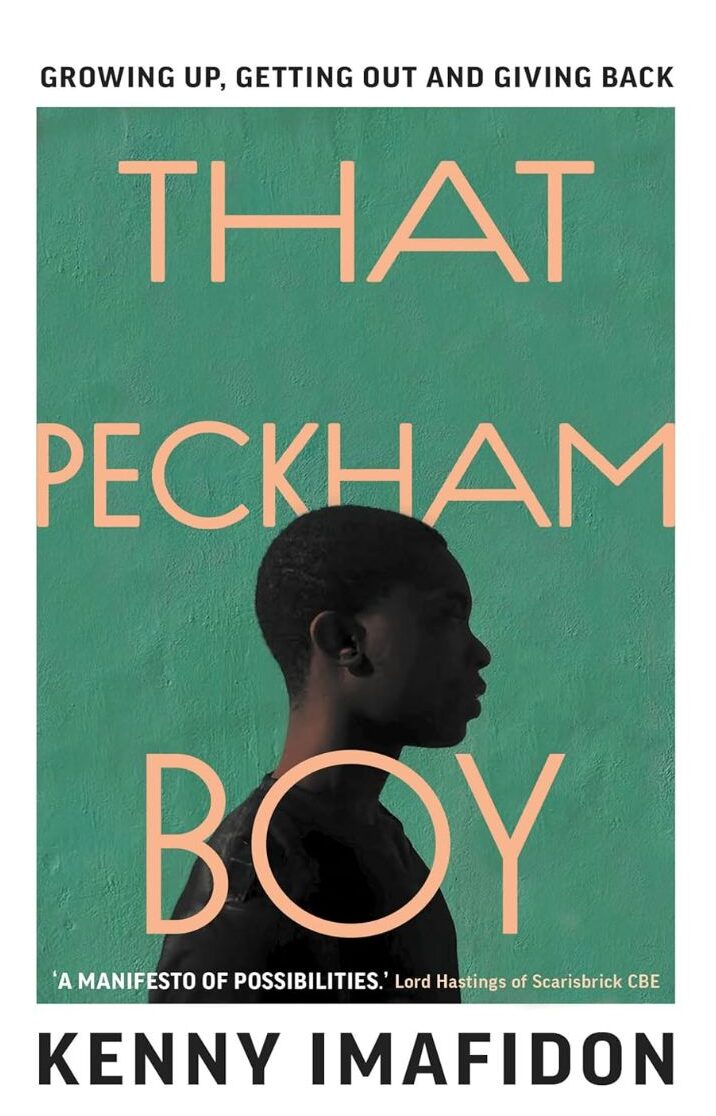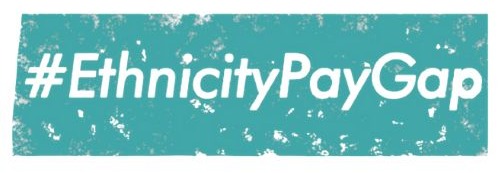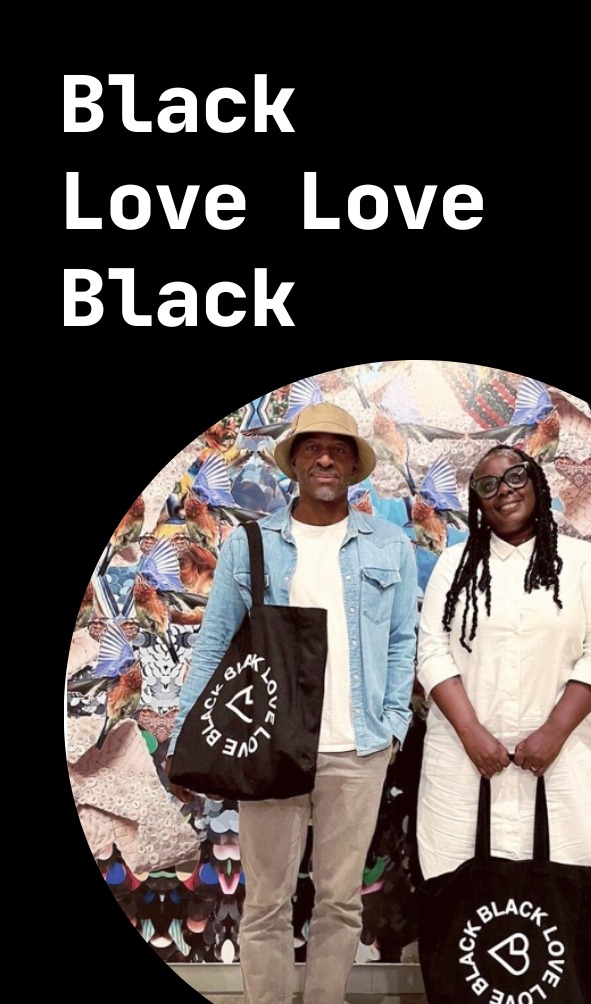Workplace Issues
Racism Pushing BME Social Workers into Agency Work, Reveals Study
“"Our society can only thrive when all its members are treated with dignity and respect. Addressing systemic racism in social work is not just a professional obligation, but a societal necessity."”
Black Wall St. MediaContributor
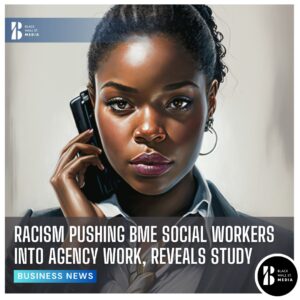
Discrimination Driving Ethnic Minority Social Workers Away from Permanent Jobs
Recent research, carried out by the sector-led children’s services improvement bodies for London and South East, shows that racism and discrimination are key factors that are driving Black and minority ethnic (BME) social workers out of permanent local authority posts into agency work.
A shocking revelation from the study, dubbed the Big Listen survey, reveals that a significant proportion of minoritised social workers, felt they were forced to leave their council posts due to “poor experiences, lack of support and economic necessity.”
The survey involved the participation of 1,035 social workers and managers, out of which 300 were classified as “Black and global majority (BGM)” staff in the report.
In addition, 150 people attended focus groups conducted by the London Improvement and Innovation Alliance (LIIA) and South East Sector Led Improvement Programme (SESLIP). Notably, the BGM staff were significantly overrepresented in the agency respondents to the survey (51.5%), as compared to their representation in the overall sample (29%).
The study aimed at providing a better understanding of the social work sector’s workforce in the London and South East region. This comprehensive understanding would then facilitate the identification and resolution of the critical issues affecting the recruitment and retention of social workers.
The Persistent Sting of Racism

One of the major revelations of this research is that racism was identified as a significant factor that led many BGM workers to opt for agency social work instead of local authority employment.
Consequently, this placed the councils at a higher risk of losing BGM social workers to the agency market.
The narrative was consistent among the BGM workers, who felt that they were not making this decision by choice.
Instead, they were pushed into it due to their negative experiences, inadequate support, and economic necessity.
Furthermore, the BGM staff appeared to be considerably more concerned than their white counterparts about the ongoing cost of living crisis, with 83% being very concerned compared to 64% of white staff.
They also expressed lower satisfaction with their pay, with only 22% stating that their remuneration adequately reflected their work, as compared to 38% of white practitioners and managers.
Additionally, there was a gap in supervision, with fewer BGM staff (62%) feeling that their authority provided them with good supervision compared to their white colleagues (69%).
Prior Research and its Implications
These findings support previous survey results published in March 2022, which indicated that one in four social workers had experienced racism from colleagues or managers at least once in the past year.
This earlier survey was carried out by an anti-racist steering group, which included several influential bodies such as the Social Work England, Department of Education (DfE), Department of Health and Social Care (DHSC), and What Works for Children’s Social Care.
Following the results of this survey, the steering group pledged to collaborate with key stakeholders to establish an action plan to address the findings.
This was aimed to incorporate existing anti-racism work, like the social care workforce race equality standard (WRES).
Launched in 2021, WRES entails councils reporting on several measures of race equality in their social care workforces, including aspects related to salary, seniority, access to training, disciplinary actions, recruitment, and retention.
Promoting Race Equality in Social Work

In Brighton and Hove City Council, strategic anti-racist lead Millie Kerr (Right) reported a small growth in the recruitment of BGM staff members and a significant improvement in their retention. The recent findings highlight the urgent need to address the deeply embedded racial disparities in the social work sector.
Jacquie Burke and Beverley Hendricks, joint strategic leads of the Association of London Directors of Children’s Services’ Leadership in Colour programme, stressed the importance of this research in revealing the experiences of the BGM workforce.
The council implemented blind shortlisting and robust employee support programs to create a more inclusive work environment.
This has also involved monthly BGM staff group meetings, bi-monthly emotional support groups, and an annual team building away day for BGM staff.
Overall, the findings of the Big Listen survey underscore the persistent and profound issue of racial discrimination in social work.
It underlines the urgent need for reform to ensure an inclusive, supportive, and non-discriminatory work environment for all. Only by acknowledging and addressing these systemic issues can we hope to attract, retain, and uplift a diverse workforce that better reflects and serves our multi-ethnic society.
Black Wall St. MediaContributor






